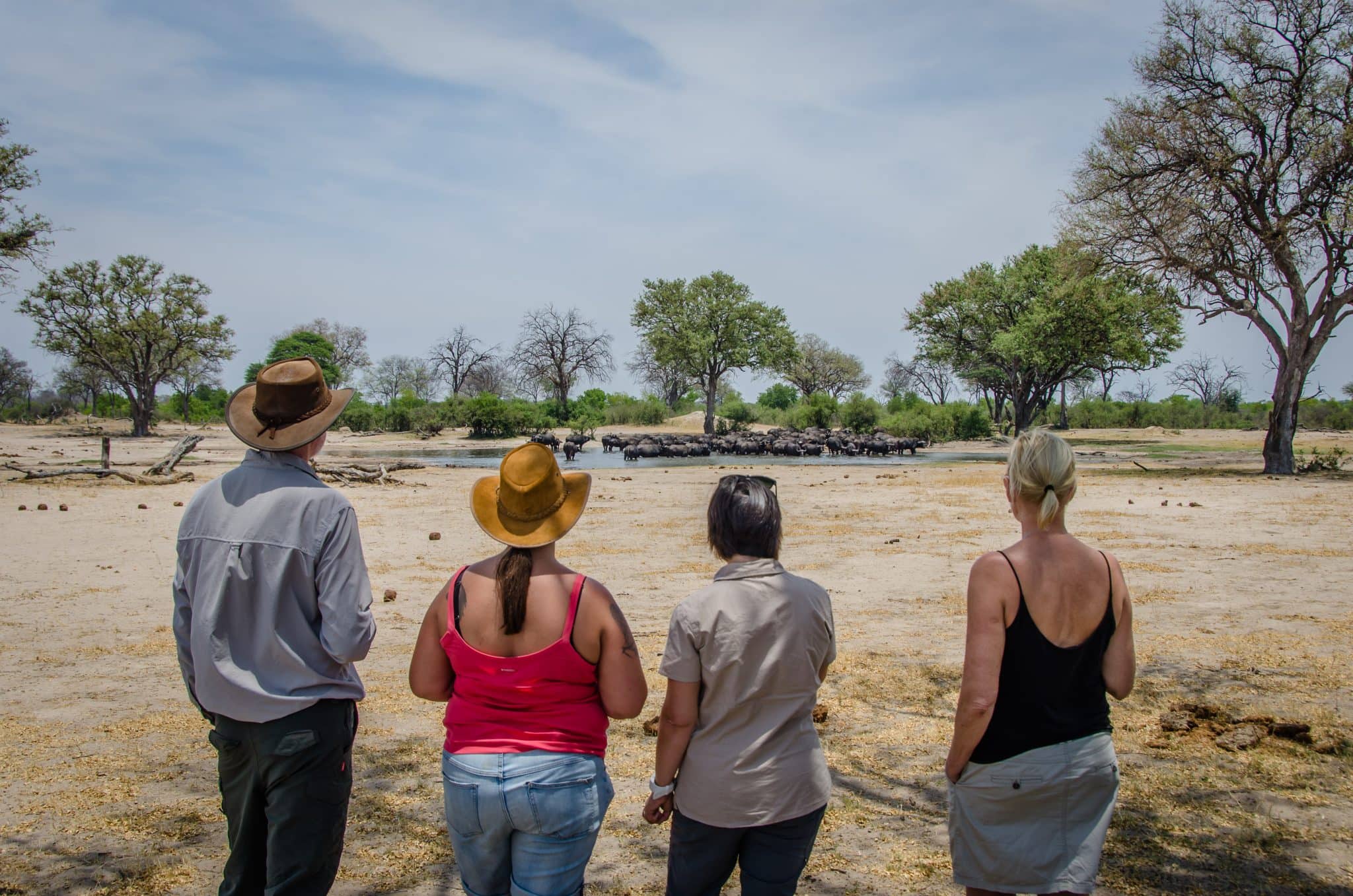National Parks Act to be fine-tuned
THE Government is set to amend the Parks and Wildlife Act to align it with the changing needs of the country.
Zimbabwe Parks and Wildlife Management Authority, the Ministry of Environment, Climate, Tourism and Hospitality Industry and stakeholders yesterday hosted a meeting on the review of the Parks and Wildlife Act (Chapter 20:14) and agreed to amend the law.
Environment, Climate, Tourism and Hospitality Industry Minister Mangaliso Ndlovu said the change in society and the increase in human population had seen the emergence of differentiated needs of wildlife resources such as tourism, leather industry, transport industry, manufacturing industry, electricity generation and agriculture.
The Parks and Wildlife Act was last amended in 2007.
“In view of the Government’s National Development Strategy 1, protected areas are a hallmark of Zimbabwe conservation efforts,” Minister Ndlovu said. “Improving their status will assist the country to attain the vision to be an upper middle income economy by the year 2030.
“Wildlife conservation and tourism stability is a necessary factor to support the growth of the performance pillars of the economy that will enable us to achieve our objectives.
“Some of the amendments which need to be reviewed are alignment of the Act with the Constitution, alignment with international conventions and norms, principle of sustainable utilisation, eradication of poaching and other wildlife crimes, benefits for local communities (CAMPFIRE), human wildlife conflict and land use conflict, mining in park areas and appropriate authority.”
Minister Ndlovu said protected areas were a hallmark of Zimbabwe conservation efforts and improving their status will assist the country to attain its vision of becoming an upper middle income economy by the year 2030.
“Zimbabwe has the second largest population of elephants in the world, the approximately 83 000 elephants are against the much lower carrying capacity which is being influenced by a number of other socio-economic factors such as human population increase, climate change, land use change, among others,” he said.
“We have growing populations for other species that are endangered in other regions. They are also facing danger emanating from habitat loss, particularly the smaller herbivores. Our conservation successes over the years as a country have led to this dilemma and unfortunately, the current legislation had not envisaged this.-hrald.cl.zw











